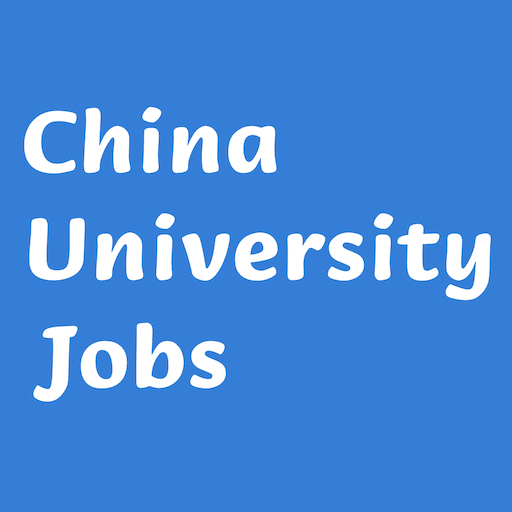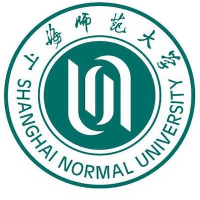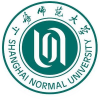About Shanghai Normal University
Shanghai Normal University (SNU) is a key university in Shanghai, a comprehensive university with a strong focus on arts and sciences, engineering, and arts, and a coordinated development of disciplines with teacher education characteristics.
The university was founded in 1954, became an undergraduate institution in 1956, and was recognized by the Academic Degrees Committee of the State Council as the first batch of master’s degree granting units in 1981, and approved as a doctoral degree granting unit in 1986.
The university has a complete range of disciplines and fruitful teaching achievements. There are 11 disciplines, including philosophy, economics, law, education, literature, history, science, engineering, management, agriculture and art. There are 19 colleges with more than 20,000 full-time undergraduate students, more than 8,000 postgraduate students, more than 1,100 international students and more than 6,000 adult undergraduates and specialists. There are 89 undergraduate majors, 9 first-level doctoral programs, 33 first-level master’s programs and 9 postdoctoral stations. There are 1 national key discipline, 11 Shanghai key disciplines, 11 disciplines in Shanghai peak plateau disciplines, 4 special majors construction points of the Ministry of Education, 1 pilot program of comprehensive reform of undergraduate majors of the Ministry of Education and Shanghai, 3 reform programs of the Ministry of Education’s excellent teacher training program, 1 national research and practice program of new engineering, 8 pilot projects of applied undergraduate programs in Shanghai universities, and 18 pilot projects of Shanghai undergraduate education. Five disciplines are in the top 1% of ESI.
The university has a number of strong laboratories and scientific research bases. There is one national base for cultivating talents and scientific research in basic disciplines of liberal arts; one national base for cultivating talents; one national field scientific observation research station; one key research base for humanities and social sciences of the Ministry of Education; one cultivation base for international education research of the Ministry of Education; one cultivation base for regional and country studies of the Ministry of Education; one first batch of bases for inheriting excellent Chinese traditional culture of the Ministry of Education; one key laboratory of the Ministry of Education; one joint international cooperation laboratory of the Ministry of Education. ; 1 joint laboratory for international cooperation of the Ministry of Education; 1 innovation team of the Ministry of Education; 1 country and regional research center filed by the Department of International Cooperation and Exchange of the Ministry of Education; 1 key think tank of Shanghai; 1 think tank of Shanghai universities; 3 key laboratories of Shanghai; 1 joint laboratory of Shanghai international; 2 key laboratories of Shanghai universities; 2 engineering and technology research centers of Shanghai; 1 Shanghai In 2017, a UNESCO category 2 institute “Teacher Education Center” was established in the university. “settled in the school, further enhancing the global influence of the school’s teacher education. The university hosts or undertakes 25 academic journals, among which “Academic Digest of Liberal Arts in Higher Education” is one of the three major social science digests in China.
The university has strong research strength. “Since the 13th Five-Year Plan, the university has received 520 national projects, including 22 major bidding projects of the National Social Science Foundation, 2 major research projects of the Ministry of Education in philosophy and social sciences, 4 national libraries of achievements in philosophy and social sciences, 1 project (sub-project) of the National Key Basic Research and Development Program (973), and There are 23 national key R&D programs (including 20 sub-projects), 2 national outstanding youth science funds, 6 excellent youth science funds, 8 key projects of the National Natural Science Foundation of China (including 3 collaborations), 3 major research projects of the National Natural Science Foundation of China (including 2 collaborations); 522 projects at provincial and ministerial levels, and 73 awards for outstanding achievements at provincial and ministerial levels or above.
The university’s faculty has a reasonable structure, and there are many excellent and outstanding talents. There are 2,980 faculty members, 1,227 of whom have professional and technical positions at associate level or above, including 56 national talents and 327 provincial and ministerial-level talents. In addition, the school has also formed a part-time teaching team of more than 600 people.
The school is rich in school resources. There are two campuses, Xuhui and Fengxian, covering an area of more than 1.53 million square meters. The building area of the school building is more than 680,000 square meters. The two central libraries have a collection of 3.323 million books; more than 100 electronic databases and 8 self-built databases with collection characteristics; a collection of nearly 120,000 ancient books and more than 1,350 kinds of rare books, which was awarded the “National Key Protection Unit for Ancient Books” in 2009. The Porcelain Art Museum of Shanghai University is one of the top ten national culture museums in Shanghai.
The university attaches importance to internationalization and has extensive foreign exchange and cooperation. The university is listed as a Chinese government scholarship institution for foreign students and is a base for foreign students in Shanghai. The university has established exchange and cooperation relations with nearly 400 universities and organizations in more than 40 countries and regions in six continents. It has cooperated with seven universities in six countries, including the United States, the United Kingdom, Germany, the Netherlands, Russia and France, to hold 10 Sino-foreign cooperative education programs. Two Confucius Institutes have been built in Fukuyama University in Japan and the University of Botswana in Africa.
Since its founding, the university has always adhered to the concept of love for education, led by the school motto of “Virtue, Knowledge, Knowledge and Practice”, and has inherited and promoted the spirit of “Eternal Teacher’s Way”, resulting in the emergence of a large number of famous teachers. At the same time, the graduates trained by the school are active in the front line of basic education, including Shanghai’s educational merit, special principals and special teachers of primary and secondary schools, and they have been expanding and deepening the cultural roots and spiritual bloodline of teacher education of Shidai University with their noble teacher’s morality and outstanding achievements.




